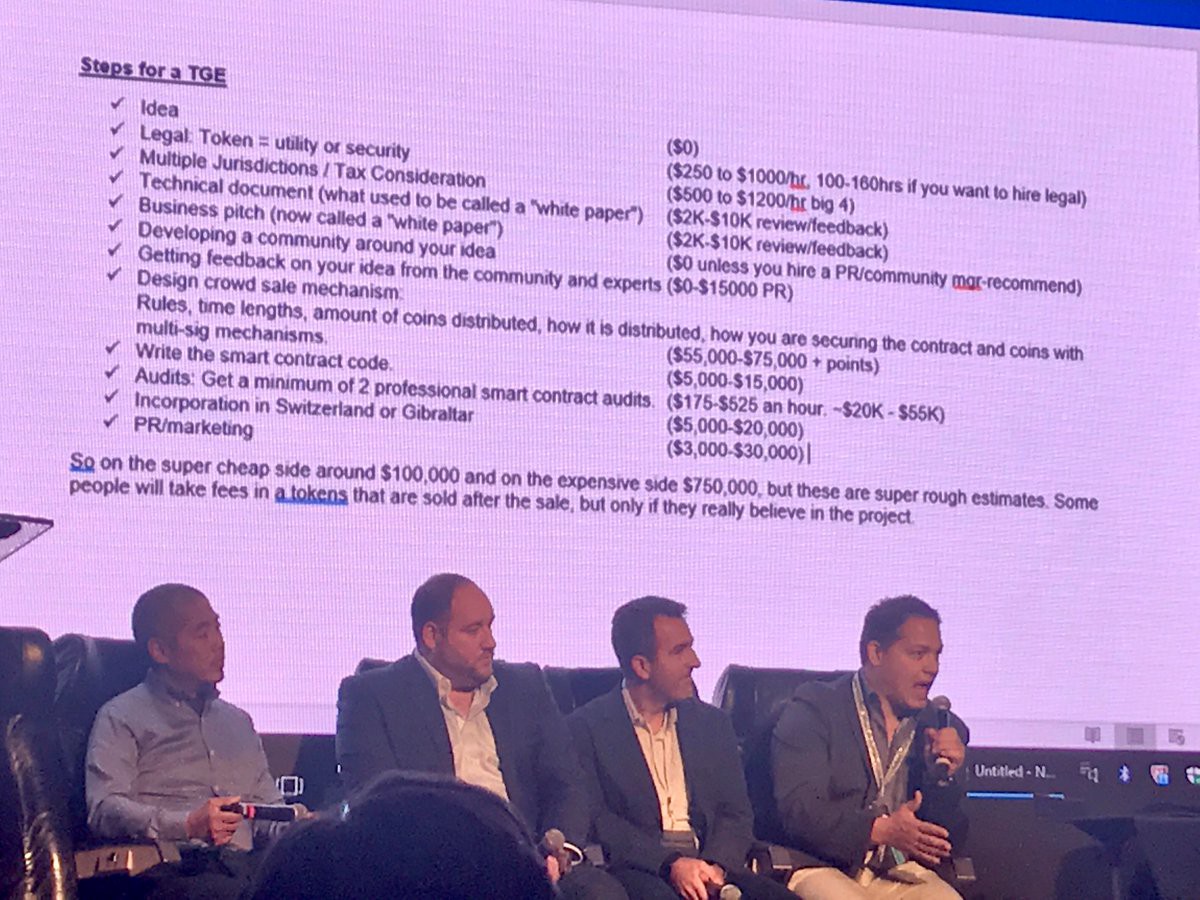+ Token Curated Registries, Bancor vulnerabilities and more.
We’re just back from Berlin, where this week we had the pleasure of speaking at Project A’s portfolio day.
Aside from the usual introduction to tokens and cryptocurrencies, we focused our talk on describing what we’ve been telling people privately, and on here, for a while: we’re not big fans of ICOs.
Fortunately we’re seeing data that suggests the trend of anyone being able to raise whatever they wanted for any kind of projects is over, but the frothiness is still rampant.
The main points that make us be short on ICOs are:
1. Too many people participating
This is the most controversial, so just putting it up top as usual.
We’re all for the democratization of both access to capital and deployment of capital, so a better phrasing would be: too many people participating in the same ICOs.
The more people participate then the less potential upside there will be for each single participant. Unless the upside is infinite, every new participant will push the price of an asset a bit higher, up to the point where it doesn’t make any more sense compared with the risk.
The other issue is that there are many different types of people participating. In any given ICO you’ll have short-term speculators, long-term holders and actual prospective users. This entangles the price of the token with many different variables, making it hard on the latter two categories.
2. Risk-reward is completely out of whack, as most projects are just vaporware
What I’m saying here is that I’m happy to invest in cool vaporware, but not at a 9 figure valuation.
With the influx of less sophisticated investors, risk is being greatly discounted and any potential gains will be dwarfed by the losses on the projects that don’t work out.
Let’s remember Ethereum had something like a ~$20M network val when it did its fund raise. That was still pretty steep compared to the state of the project, but also orders of magnitude less than what we’re seeing today.
3. Setting in stone crypto-economic decisions
I’ve tweeted about this quite a lot. Cryptoeconomics is hard. It’s new and no one really knows what they’re doing. Many projects are setting in stone their crypto designs in early whitepapers written by consultants just with the goal of raising money. Building companies is hard, and building decentralized incentive ecosystems is even harder. Just thinking that you can get something so complex right at such an early stage should make people run away.
4. Potential adverse selection of teams
We’ve seen this very clearly. The best teams we’re talking with are pondering the ICO decision VERY, VERY deeply.
And if there’s a way to avoid it, they will — at least until the software is ready, cryptoeco decisions are made and people can use it.
The market is attracting all sorts of participants that are following the bling of quick and massive non-dilutive raises — but nothing has changed: building something of value is still super hard.
Good teams and entrepreneurs understand this, and understand that an ICO could be more of a liability than an asset.
Source/More: Token Economy #18: 📉📈 Short ICOs, Long Tokens; 💱 Basecoin















